- Replies 17
- Views 1.7k
- Created
- Last Reply
Most active in this topic
-
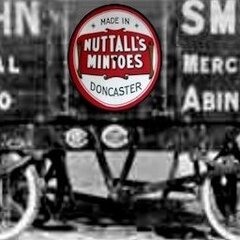 Roburt 6 posts
Roburt 6 posts -
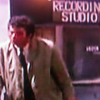 Steve G 3 posts
Steve G 3 posts -
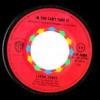 Mike Lofthouse 2 posts
Mike Lofthouse 2 posts -
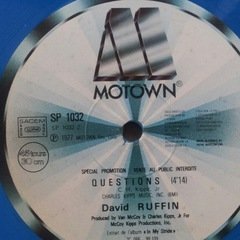 John Benson 2 posts
John Benson 2 posts
Most Popular Posts
-
In the US it varied and there are no hard and fast rules. With the larger companies demos were really for radio stations AM (mono) FM (stereo). When FM became popular, that's when you saw mono / stere
-
HI ALL...Good question UK Demos or Promotional copy not for sale, were pressed up on the first run from the A stamper, the DEMOS are not only collected for their unique labels, but also for the best s
-
..................and of course there is no way major labels would do anything as cynical as controlling what people play and listen too as I say its always been purely conjecture on my part.






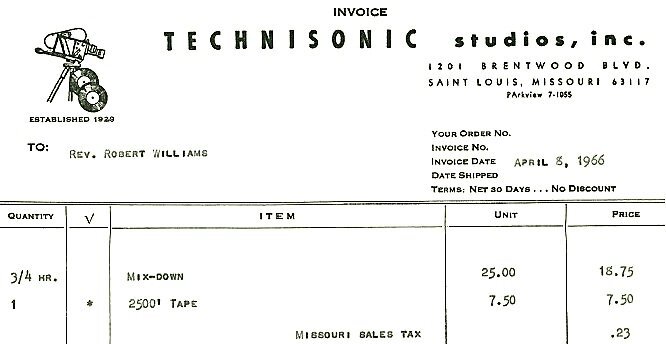
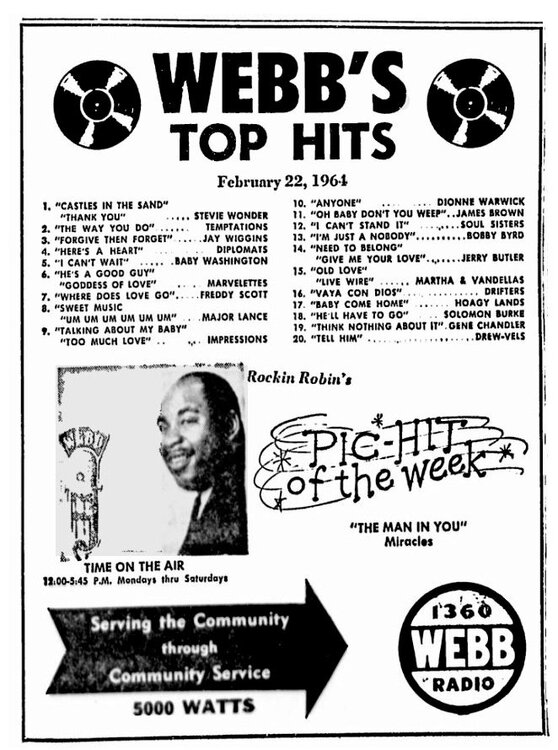
Edited by simon t